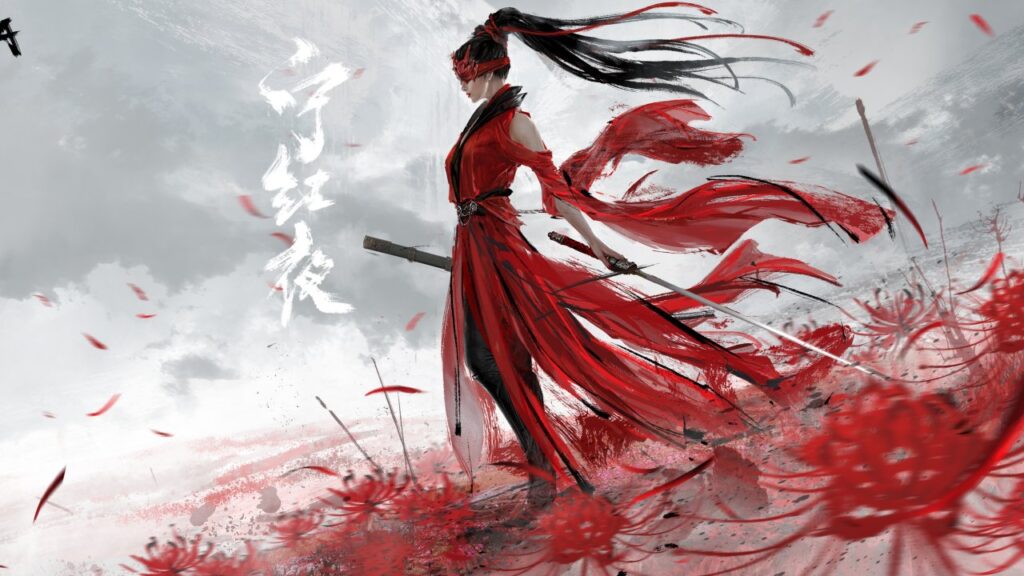As mentioned in a previous article, we are at that moment in history again. The one in which a disruptive technology seems ready to revolutionize the world of work, also threatening professional figures. In China, for example, some Game developers are replacing human illustrators with artificial intelligences (AI) of generative art.
After all, AI does not require a salary, is faster, and manages by itself to create complex works that would require the efforts of an entire team of humans. We have already told you about the case Beck’s. This has launched a beer entirely designed by AI: from the recipe to the packaging through the marketing strategy. Of course, it is still too early for artificial intelligence to be able to work without human supervision. Yet in the small it is happening.
China: AI threatens the jobs of illustrators and artists
Let’s go back to China for a moment, where the freelance illustrator Amber Yu he earned 3,000 to 7,000 yuan (about €395 to about €927) for each video game poster he designed. Creating the promotional posters that attract players takes time, skill and professionalism. Amber Yu, who told her story to restoftheworld.org, once spent an entire week completing an illustration of a woman dressed in traditional Chinese clothing performing a lion dance.
Yu explained that since February, most of his clients have started using artificial intelligence to do the job. “Most of the time – explained the illustrator – I am asked to correct the work of the AI and make small changes”. This has of course a significant impact on his compensation economicgiven that it is no longer paid for the entire work but only for the details.
In recent months, numerous video game companies in China, from giants like Tencent to independent developers, have started using AI to design and create characters and promotional materials for their video games.
“Artificial intelligence is developing at a speed that is far beyond our imagination,” he told Rest of World Xu Yingying, an illustrator at an independent game art studio in Chongqing. Xu’s studio produces projects for leading video game developers in China. At least 5 of the studio’s 15 illustrators, who specialize in character design, have been fired this year, and Xu believes the adoption of AI image generators is partly to blame.
Il caso Naraka: Bladepoint
 Hell: Bladepoint
Hell: Bladepoint
Gamers will surely know Hell: Bladepointpopular battle royale published by NetEase and currently available on Xbox Game Pass. In March, the title launched a new feature that, for a short period of time, allowed players to create new skins using the company’s proprietary AI. Following a legal dispute with one of the game’s voice actors, NetEase and miHoYo have also used artificial intelligence to generate the voice of a video game character.
In China, many illustrators believe that AI is so advanced that it can replace their work. Many professionals say employers are encouraging them to use AI image generators to boost their productivity. In Xu’s studio, for example, AI generators create clothes and accessories from sketches of human characters.
Not just China and not just illustrators: AI in the world of US screenwriters
The problem is obviously extended to the whole globe. In the United States, for example, there is a strong debate between the screenwriters guild (the Writers Guild of America) and the Alliance of Motion Picture and Television Producersa conglomerate that brings together some of the most important film and television producers.
The union asks producers to recognize human screenwriters, accrediting them as the first screenwriter even for works whose subjects have been developed by AI. At the moment, the two sides are far from reaching an agreement.

Meanwhile, still in the United States, the Universal Music Group (UMG), one of the biggest record labels in the world, sounded the alarm: There’s a disproportionate amount of new AI-generated music on Spotify and Apple Music. Songs that, according to UMG, violate copyright. After all, artificial intelligence, to create from scratch, elaborates from pre-existing works. Nick Caveiconic singer-songwriter, has already expressed his lapidary consideration on the subject.















Leave a Reply
View Comments